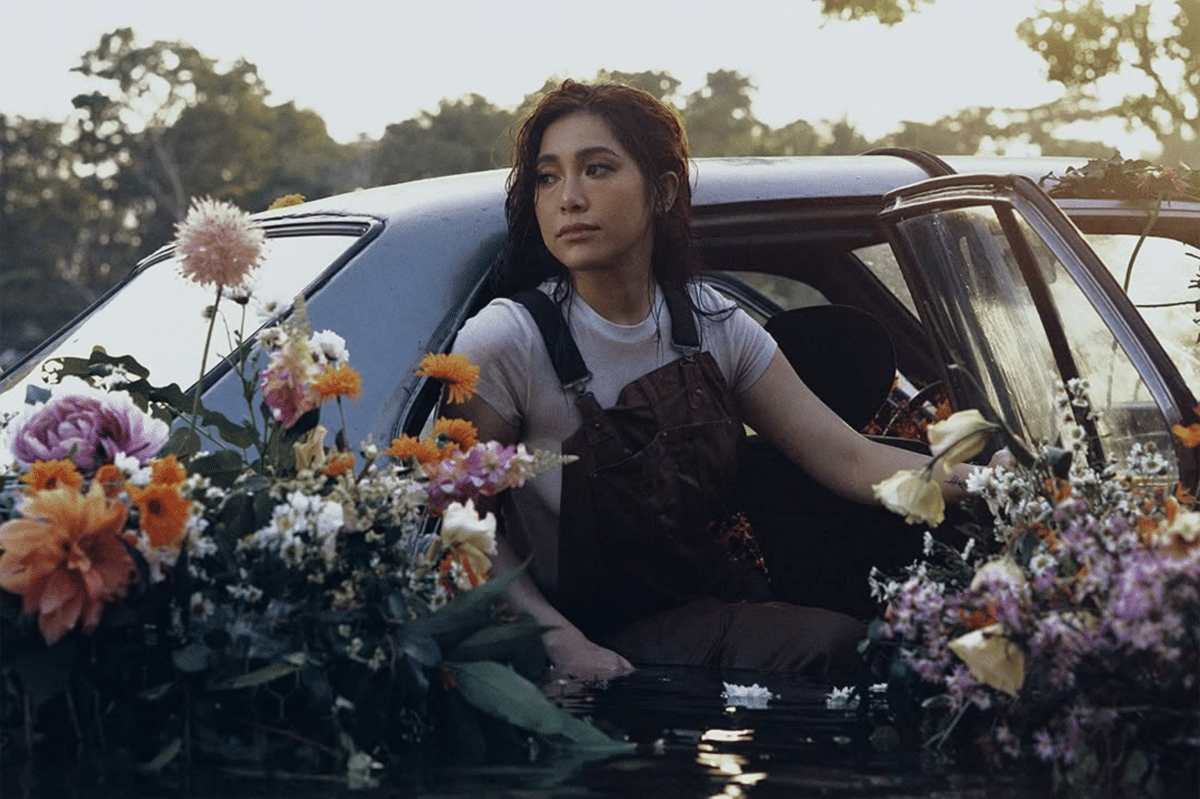Moira Dela Torre celebrates ‘i’m okay’ release with album trailer played in cinemas

Moira Dela Torre in a concept photo for “i’m okay.” Image: Instagram/@moiradelatorre
While it’s been a month since Moira Dela Torre dropped her album “i’m okay,” Dela Torre celebrated its release through an album trailer that is screened in some cinemas for the duration of the 2024 Metro Manila Film Festival (MMFF).
The singer-songwriter’s album trailer is being played before the screening of select MMFF 2024 films in select cinemas such as Glorietta 4 in Makati, Market! Market! in Taguig City, and Trinoma in Quezon City starting last Dec. 25 and until 31, according to a press statement.
The trailer aims to bring Dela Torre’s music to a wider audience and includes a behind-the-scenes glimpse into her creative process and how she creates her songs including her recent release.
“It offers a powerful glimpse into the album’s emotional depth. It also marks the first time a Filipino artist’s work is promoted in this unique manner. It reimagines how fans experience music, transforming movie theaters into immersive spaces for both sound and storytelling,” the statement read.

Dela Torre’s “i’m okay” was brought to life after two and a half years of “meticulous work,” and it includes 12 songs, namely “Where It All Started,” “Under the Bathroom Sink,” “Bandaid,” “Red Flags,” “Umpisa,” “Ghosts,” “San Ka Na,” “Delusional,” “Gaslighter,” “I’m Okay,” “Wonder” and “Dinggin.” In a departure from her previous releases, it is meant to show the singer-songwriter’s emotions in dealing with resilience and self-discovery.
“The album’s title track, ‘I’m Okay,’ speaks to the struggle of pushing through tough times — something almost everyone can relate to. It’s a heartfelt reminder that even in life’s hardest moments, we’re never truly alone, because connections can be found or made through shared challenges,” the statement read.
In a TV Patrol report, Dela Torre said she allowed herself to “be angry and feel pain” throughout the creative process.
The singer-songwriter is best known for her hit tracks “Paubaya,” “Titibo-tibo,” “Mabagal,” “Malaya” and “Tagpuan.”